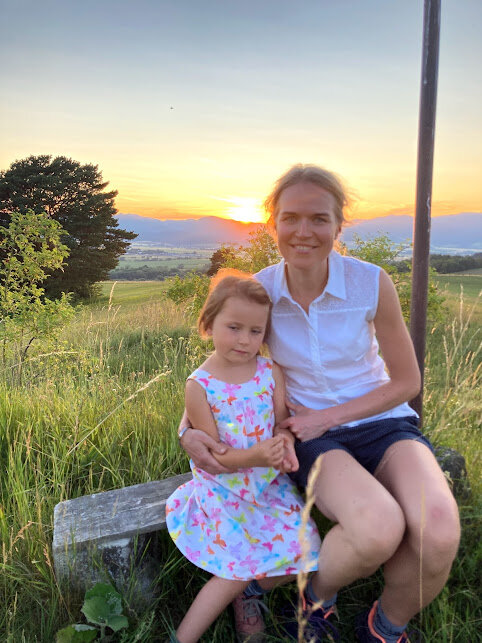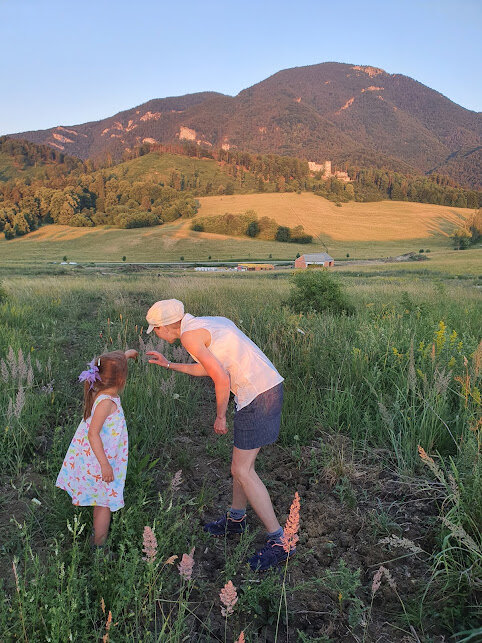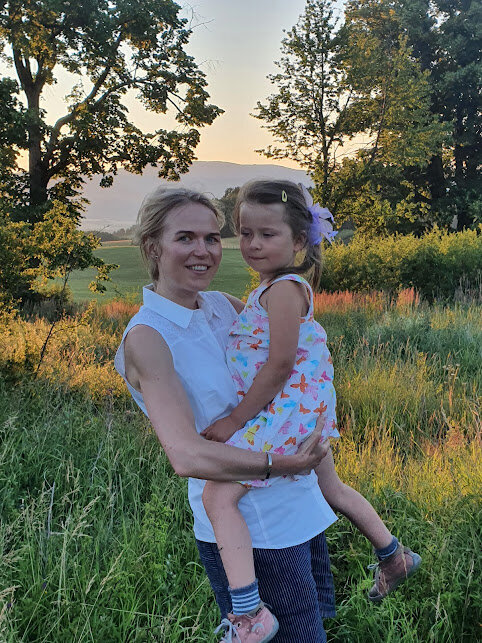Poetry in Stavanger
Stavanger is known for the oil industry, beautiful nature and street art, but this small city in southwestern Norway is also home to some brilliant poetry. Stavanger Is the birthplace of some of the biggest Norwegian authors from the past (Alexander Kielland) as well as of today (for example Torild Wardenær).
Norway’s largest literature festival “Kapittel” is held annually in Stavanger and so is Litt Sandnes focused on literary events (organised by Stavanger’s sister town Sandnes). Kapittel grew from a small festival called “Alexander's week” in 1990s. The first “Kapittel” (Chapter in English) was organised by Kurt Kristensen in 1995 with the aim of celebrating the works of Kielland and Sigbjørn Obstfelder, another author and poet born in Stavanger. The festival was called “Kapittel 95” and the tradition was born. Today, the Kielland Centre is the festival’s partner and the events are organised by Sølvberget Library and Cultural Centre. Across five days, the city hosts major literary figures from across Norway and the world.
For the past two years, I have been fortunate to lead a group of young poets as part of a workshop series “Poesi for Unge” (Poetry for the Young”) organised by the Stavanger main library (Sølvberget). The group was driven by the literature librarian Hild Bakka (and Grethe Mo in 2021) and included regular poetry sessions each first Tuesday of the month. In 2021, the workshops led to the publication of an anthology of poems written by the young poets and published by Tekst Forlag. This year, the group produced a series of ekphrastic poems in response to the paintings of Reidar Berge, a painter and sculptor born in Stavanger in 1922.
The poems were shared at the opening of the celebration of Reidar Berge’s 100th anniversary, run in the first week of December 2022. To create their poems, the poets visited the Reidar Berge’s gallery and selected paintings that resonated with them most. Using the ekphrastic poetry method, the poets wrote poems that captured their feelings and their interpretation of the artworks. At the opening event, the poets read their poems at the 3rd floor of the Reidar Berge museum, accompanied by chamber music from the Stavanger orchestra. The mini-orchestra played an extract from Wolfgang Amadeus Mozart’s C major, K. 128, which Mozart composed when he was sixteen years old. The young energy was felt in the room, as was the art meshing with spoken word and music.
Mozart was a child prodigy and there are many gifted young artists out there, creating music, art and writing poetry. At our workshops, we saw how important the group power is for sustaining the practice and making it an enjoyable journey. Experimentation with various styles, detailed feedback from peers, as well as the space to discuss difficult topics, were all part of the secret sauce of the workshops. Seeing how the young people grow on their poetic and life journeys, was incredibly rewarding to me and I learnt a lot from them all.
In 2023, I will be working on a collection dedicated to Stavanger and focusing on other writing projects, but the workshops will continue under the skilful leadership of Hild Bakka. The format will be slightly different: we have learnt that an open invitation to join the group works well at the start of the workshop series but is best to be continued as a closed small group afterwards. Limiting the number of members is important to allow for building trust and facilitating conversations where everyone can critique each other’s writing and advance their thinking. If you read this blog and wonder about joining our poetry workshops or running your own, I encourage you to always trust what “comes to you” when you write your poem. The key ingredients of a good poem (attention to title, pattern, rhythm, economy of words) become the notes for your poetic voice.




